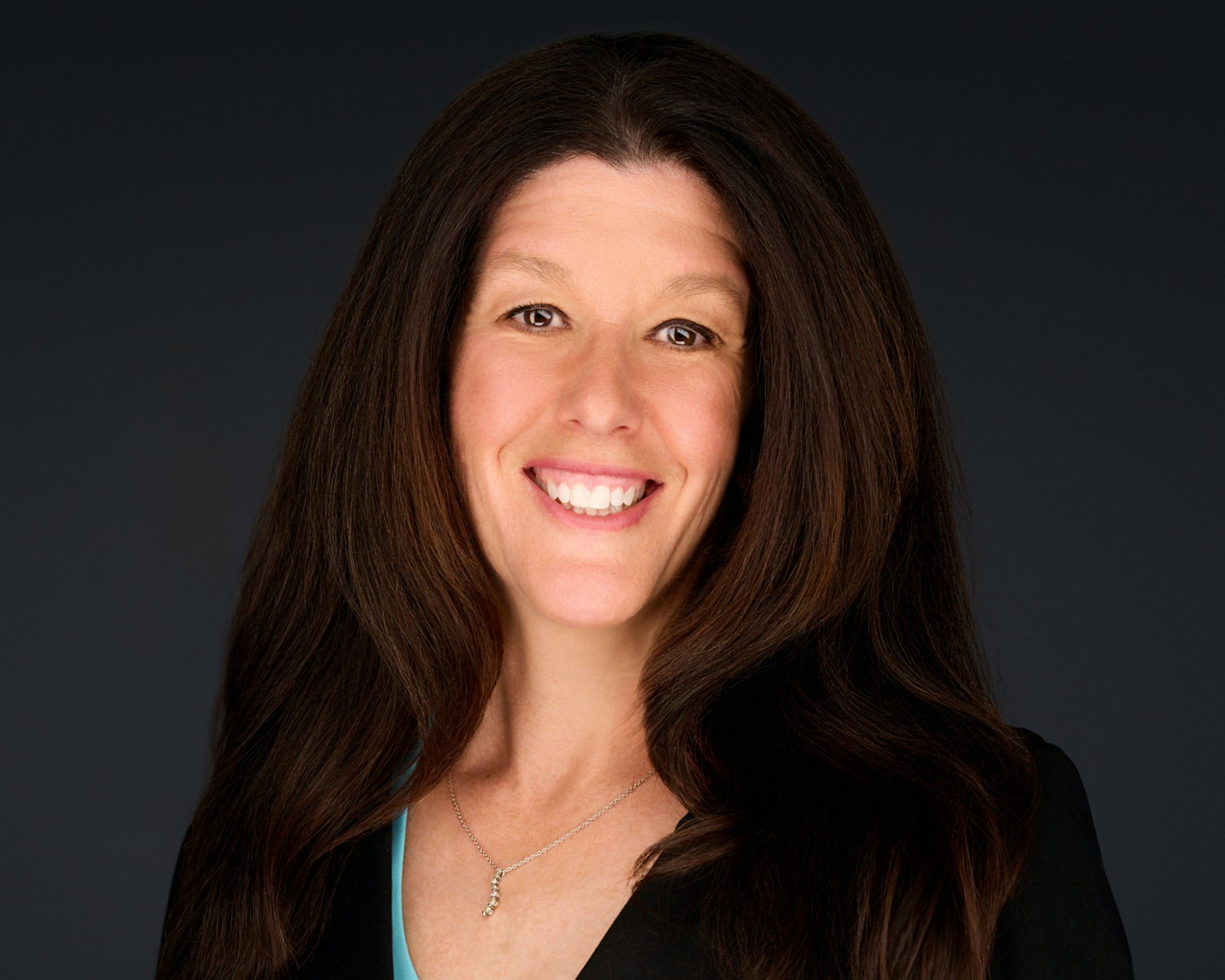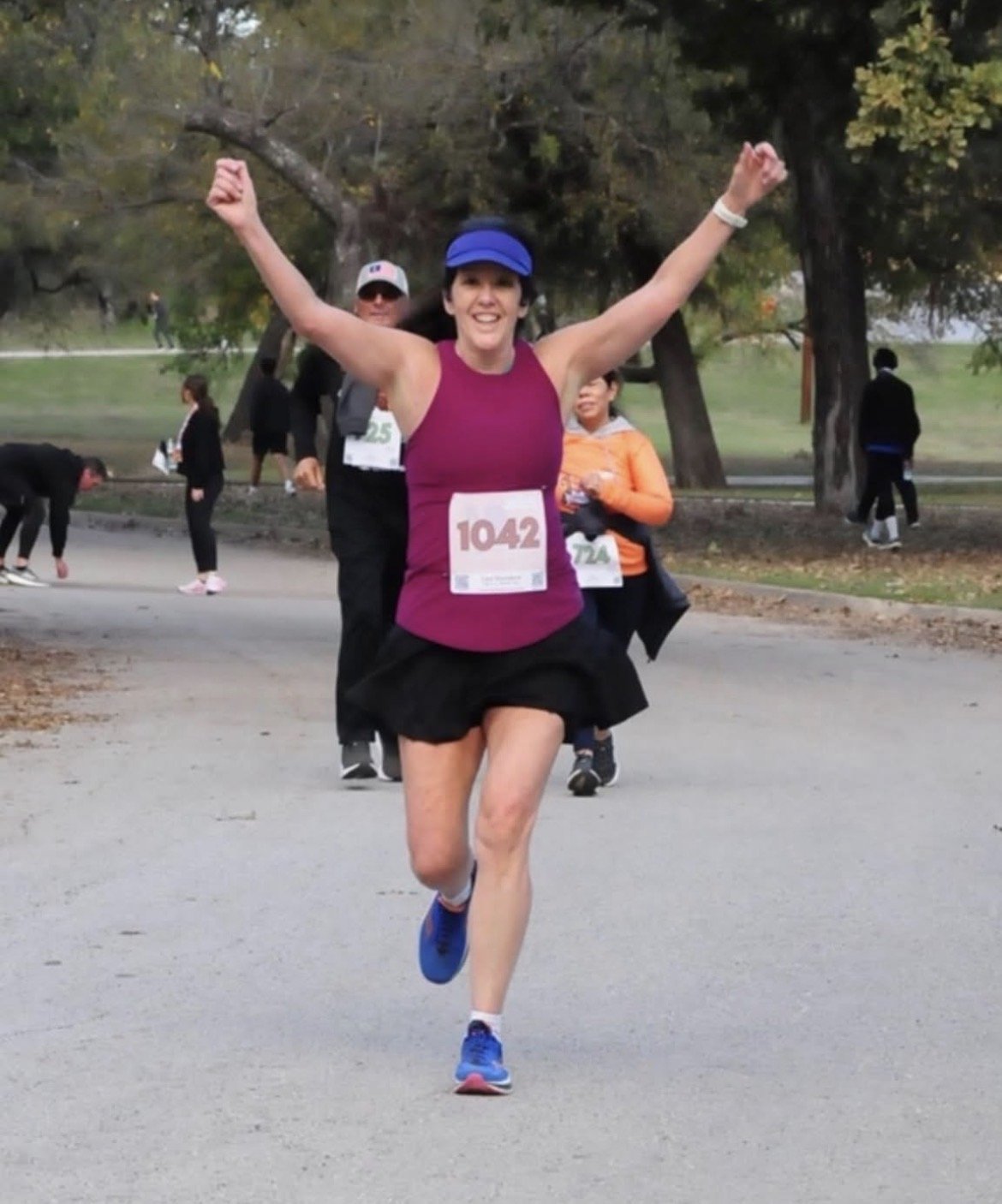Build a Wellness Support Team
When I asked on Facebook and LinkedIn for local wellness practitioner recommendations in the Dallas/Fort Worth area, I expected more replies. I was looking for credentialed professionals in various fields, including massage therapy, chiropractic care, mental health, yoga, acupuncture, and more. The kind of people I can learn from, refer to, or collaborate with in the future. (Is this you? reach out!)
What I got was mostly silence. Apparently, Facebook is alive primarily these days for Marketplace deals and advertising, rather than crowdsourcing wellness resources..
But the lack of response said something: most people don't already have a go-to wellness network. And many wellness professionals are out there doing good work, but aren't necessarily plugged into a wider local community. That's something I'd like to help change.
So I'm building mine, starting now. If you're in DFW and have someone you love who sees you regularly, a great therapist, a Yoga instructor who gets it, a chiropractor who keeps you moving, or a physical therapist who listens, I want to hear about them. Yes, even if they're another trainer or coach.
DFW is huge, with over seven million people in the metroplex. There's more than enough opportunity to go around. I often meet coaching prospects who aren't the right fit for what I offer, and I'd much rather refer them to someone local and qualified than leave them guessing. A strong local network not only supports clients but also benefits the community. It supports professionals, too. When we work within scope and collaborate instead of compete, everyone benefits.
I'm particularly interested in connecting with credentialed professionals who offer services grounded in training, experience, and care. The goal is to build a trusted community of referrals and shared support. We don't need to do this work in isolation, and the more connected we are, the more people we can help.
What Is a Wellness Support Team?
A wellness network isn't just something for people working in the wellness industry. Each of us benefits from having a support team. And it doesn't have to be built entirely around professionals. Some of the most effective support comes from the people in your social circles, the ones who check in, show up, and make healthy choices feel more normal than extreme.
A wellness support team is your circle of care. These are the people and resources that help you stay strong, healthy, and grounded, both mentally and physically, as well as emotionally. They help you stay consistent and encourage you to keep going when life gets full. They remind you of your goals, values, and capabilities.
Your team might include:
A coworker you walk with during lunch breaks
A friend who texts to say "workout done" and cheers when you reply
A neighbor who meal preps with you on Sundays
A partner who supports your sleep and workout routine
A group chat that holds you accountable without judgment
A local fitness class where people notice if you don't show up
A running group that gives structure to your week
A massage therapist who helps your body feel better
A mental health therapist or counselor who enables you to stay grounded
A registered dietitian or nutrition coach who brings clarity and direction
A personal trainer or physical therapist who helps you move with strength and confidence
A board-certified health coach who enables you to pull it all together and build a sustainable plan
You don't need every one of these. But having a few in place makes a big difference. The goal is to build a world around you that supports your health rather than working against it.
It's easy to think about shaping our environment in terms of where the chip bag sits on the counter or whether we lay out our workout clothes the night before. And those small decisions do matter. But designing your environment for success is bigger than just the rooms in your house.
Your environment includes your neighborhood, workplace, social circles, and broader community. Every part of your daily surroundings can either make health easier or create more resistance. When you build out each layer of your environment, what's right in front of you, the room you're in, the building you're in, the people you interact with, and the places you spend your time, you create a strong system for staying healthy and connected.
Community is where a support team becomes a structure you can lean on. One that reflects how you want to live.
One of my clients started a group email with a small group of other professionals in her field (and included me) for a simple “summer challenge.” There were no rules, prizes, or pressure, no official coach, just a space where everyone declared their personal goals for the season, then checked in once a week with how things were going. The only expectations were honesty and encouragement. What came out of it was a sense of community and accountability. People shared comments like, “Thanks for the motivation,” “I also like seeing everyone’s achievements. It is such a positive community,” and “Thanks to y’all, I’m doing much better than I was four weeks ago.” I found it helpful to know that at the end of the week, I’d be reporting on my progress right along with everyone else. Sometimes that little nudge is all it takes to stay connected to your goals.
Letting People In: Outgrowing the Old Labels
For a long time, I described myself as an introvert. It felt accurate. I recharged alone. I preferred small groups. And I rarely initiated connection unless there was a specific reason. But lately, I’ve started to question whether that label still fits, maybe I outgrew the label and didn’t notice.
Networking doesn’t come naturally to me. Even with people I genuinely care about, people I’ve shared strong professional or personal connections with, I’d often hesitate to reach out again after a long stretch of silence.
The internal dialogue went something like: "I don’t want to bother them. If I was truly genuine, wouldn’t I have stayed in touch? Reaching out now, when I need help, might make it seem like I’m only showing up to ask for something." That didn’t sit right with the kind of person I am.
I wouldn’t say those things out loud, but it shaped my behavior. So I stayed quiet. Even when I could have used support or perspective. Then, my friend and executive coach Briana Sharp, ACC, said something that completely reframed it. She asked, “If they reached out to you, would you feel that way?”
Of course not. I’d be glad to hear from them.I was holding myself to a set of assumptions I’d never place on someone else.
So I got over myself and sent a few messages. The responses I received were kind, thoughtful, generous. People offered help, shared resources, sent encouragement. It reminded me that strong community doesn’t disappear just because time passes. It waits to be re-tapped.
Not long after, it happened again. I hesitated to reach out to Dani, someone I’d known for a few years through Instagram. I didn’t want to seem pushy or annoying. But I did it anyway. She responded with kindness and generosity. I went on her podcast, Suite Mornings (I’ll let you know when my episode airs), and we later had lunch. A stronger relationship came out of a simple message and a willingness to ask.
Once again, I was reminded that so much of what holds us back is in our head, not in the real world. So if you are like me, and social outreach doesn't come easy, let me remind you it's worth it.
Why Going AT It Alone Doesn't Always Work
Sometimes people think they only earn it if they do it all alone. Like asking for help means they couldn’t cut it. But that couldn’t be further from the truth. Independence can be a strength, but when it turns into isolation, it works against you.
Support makes it feel possible. That's true in health and business. When someone else is in your corner, you're more likely to follow through. When you know someone is paying attention, it becomes easier to keep showing up. Whether that's a coach, a training group, or a few friends in a text thread, connection is your support system.
Running groups are a perfect example. You can run alone, of course, but ask anyone who has joined a group, and they'll tell you how much it helped when the energy shifts. You feel encouraged. You feel seen. And that experience is just as valuable in other areas of life.
How to Start Building Your Own Team
If you don't have a wellness support team yet, you can start small. Think about who's already helped you, and then fill in the gaps. Here are a few steps to begin:
1. Map out your current support.
Who do you already turn to for support with movement, mindset, recovery, or nutrition?
2. Notice where you feel stuck or unsupported.
You may have been meaning to find a new therapist, or you've outgrown your current gym, or need a new personal trainer.
3. Ask for referrals, and be specific.
Instead of just posting, "Anyone know a good massage therapist?" try something like, "I'm looking for a licensed massage therapist who works with runners or active adults in Fort Worth." (I know an excellent one in Fort Worth by the way, just ask me, I’d love to share.)
4. Join a local class, group, or event.
One of the best ways to build connections is to keep showing up. You'll find your people over time.
5. Stay open to learning from others.
Not every resource will become part of your long-term team, but each new connection grows your circle, and possibly someone you'll want to refer to others.
Community Makes Wellness Easier
You don't have to do it all alone. Whether you're navigating a new health goal or just trying to stay consistent when life gets full, surrounding yourself with the right people makes all the difference.
If you're local to DFW and have a favorite wellness professional, or you're a wellness professional yourself, please let me know. I hope this got the wheels turning for you on ways you can grow and expand your support system. If that system includes a coach, let's chat.
We're better when we work together.
Questions? I’d love to help.
Lea
Lea Genders is a board-certified health coach, personal trainer, and workplace wellness consultant based in Fort Worth, TX. She offers corporate wellness programs for employee health and productivity, as well as in-person and virtual training / coaching for individuals worldwide. Her blog shares expert guidance on strength training, running, and sustainable nutrition @fortworth_trainer












Most of us are stuck in habits and thought patterns that we didn’t even realize we were practicing. Whether it’s negative self-talk on loop, the trap of thinking every workout has to be a high-intensity suffer-fest, or being so obsessed with the scale that we miss the small meaningful wins, these mindsets can sabotage our progress. In this blog, we look at how to identify these traps, give ourselves some grace, and start choosing a new way to think about health and consistency.